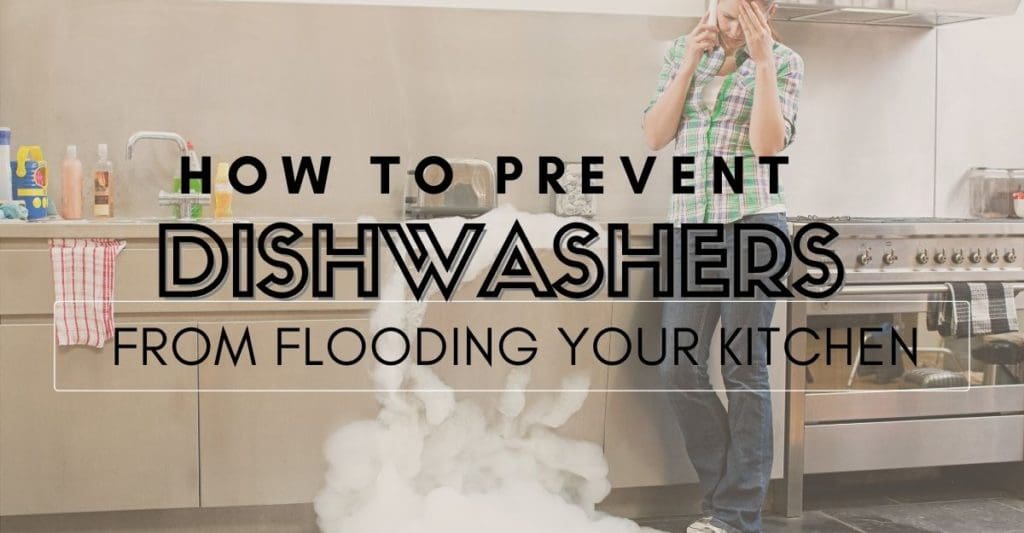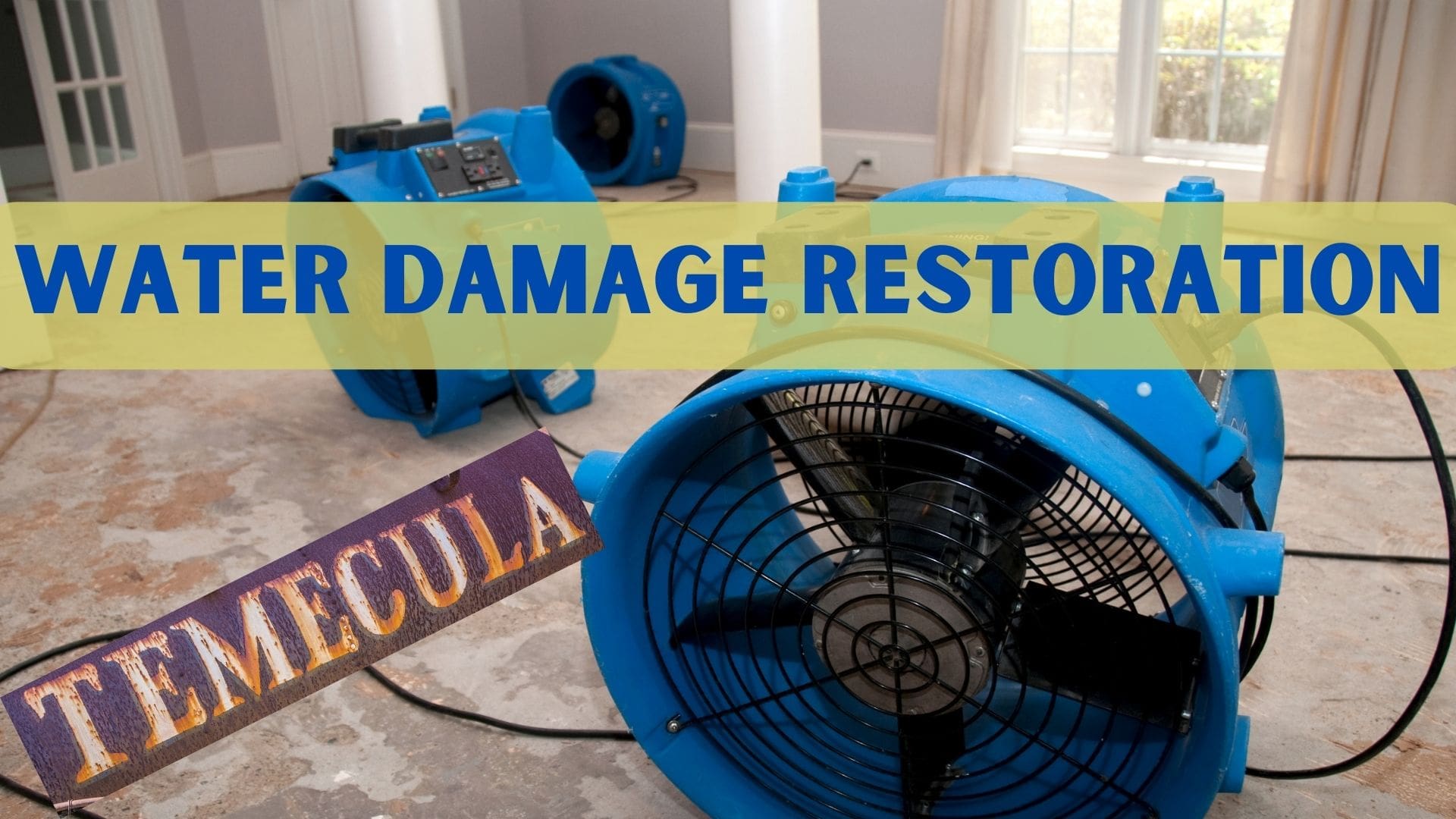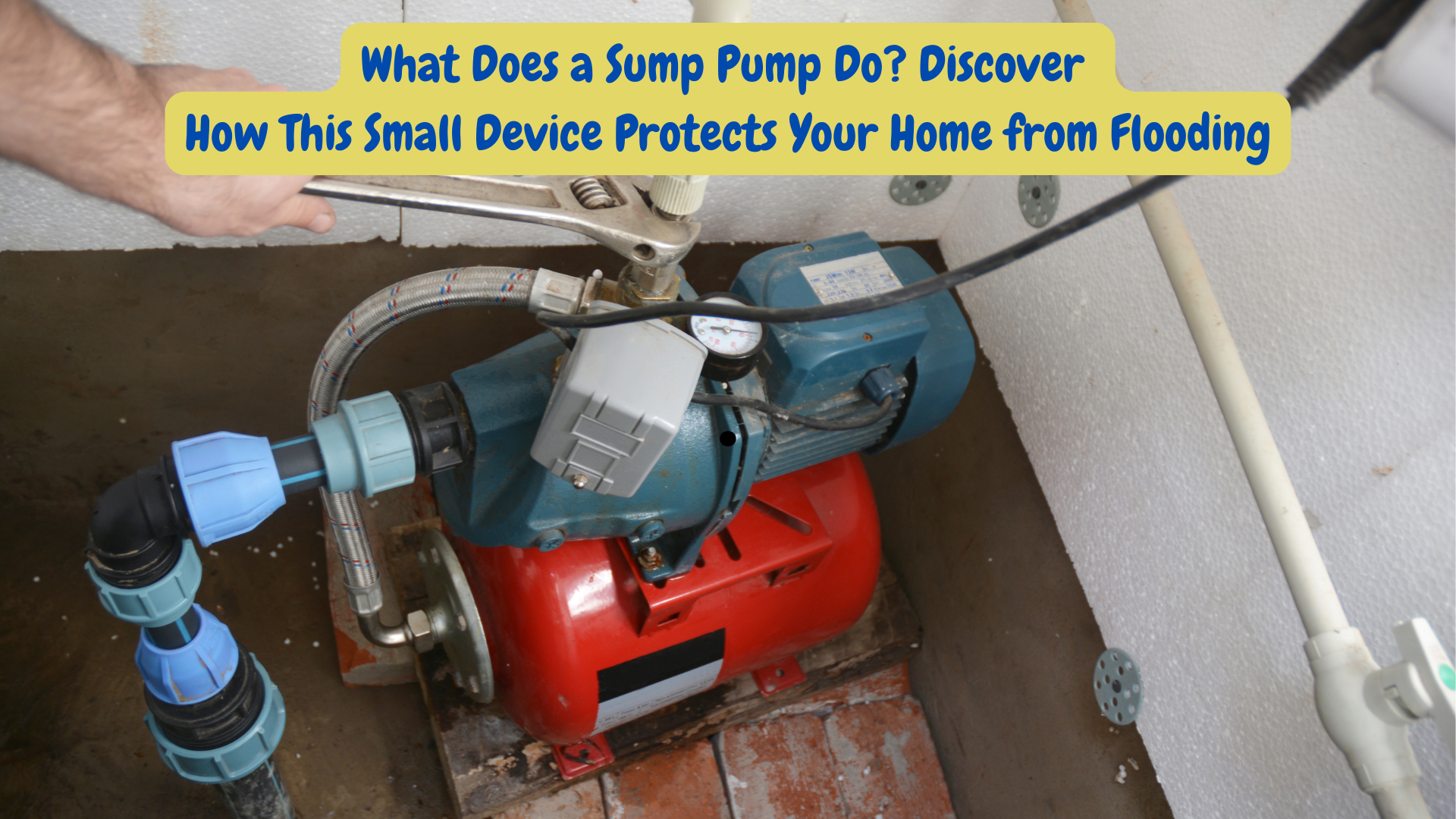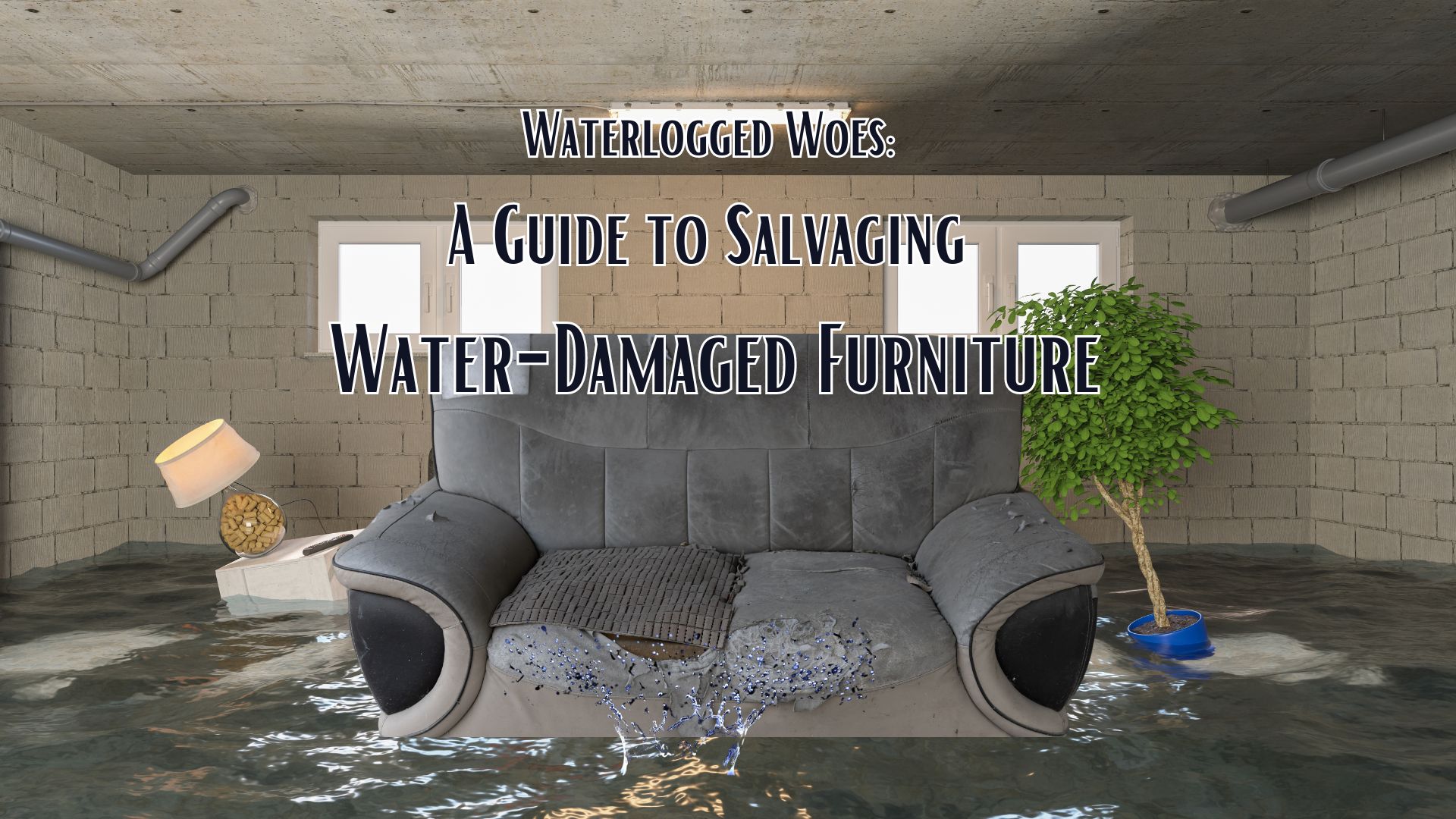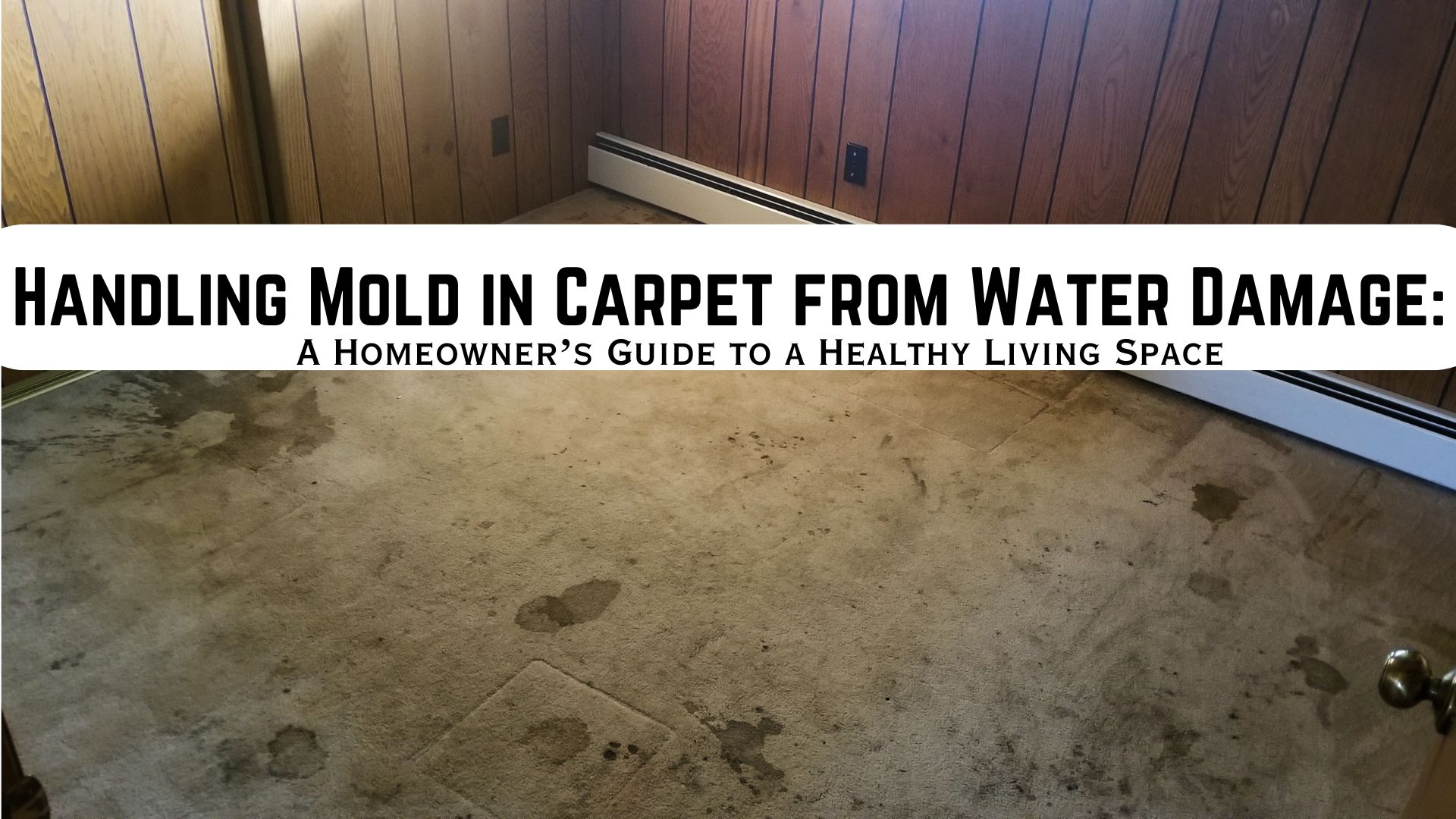The great thing about having a dishwasher at home is that it is very convenient and time-saving. With its “set it and leave it” feature, you can save up to 230 hours each year. Not to mention the fact that your dishes get cleaner with the use of a dishwasher. However, just like any other appliance, a dishwasher has its drawback. In most cases, dishwashers leak and overflow which results in extensive flooding. Read on to learn the steps on how to prevent dishwasher flooding in your kitchen.
Understanding Dishwasher Flooding
A dishwasher is a convenient appliance that helps simplify our daily chores in the kitchen. However, dishwasher flooding can quickly turn this time-saving device into a nightmare. Imagine entering your kitchen to find it submerged in water due to a malfunctioning dishwasher. In this article, we will explore the causes of dishwasher flooding, preventive measures, and the importance of water damage restoration services to mitigate the aftermath.
Dishwasher Flooding: Why does it happen?
There are plenty of reasons why your dishwasher could flood. One reason is the clogged filter. If there is a buildup of food or any other objects, your dishwasher will begin to leak and eventually cause damage to your kitchen floors and nearby areas.
Furthermore, ignoring regular maintenance can also cause dishwasher flooding in your kitchen. As a restoration expert, we recommend that you perform an inspection on your dishwasher at least once a month.
- Food Particles and Debris
During the wash cycle, dishwashers are designed to remove food particles from dishes and utensils. However, if large food particles or debris are not properly rinsed off before loading, they can clog the dishwasher’s drain system, leading to water backup and potential flooding.
- Malfunctioning Float Switch
The float switch is a crucial component that monitors the water level inside the dishwasher. If the water level rises above normal, indicating a potential overflow, the float switch should trigger a shut-off mechanism. However, a malfunctioning float switch can fail to activate, allowing the dishwasher to continue filling with water, ultimately causing flooding.
- Leaking Dishwasher
A leaking dishwasher can be another common cause of flooding. Over time, wear and tear can lead to cracks or loose connections in the dishwasher’s door seal, drain hose, or water inlet valve. These leaks gradually worsen with each wash cycle, eventually resulting in water seeping out and flooding the kitchen.
Dishwasher Flooding: Prevention and Maintenance
Here are some steps on how to prevent dishwashers from flooding your kitchen.
1. Keep the Drain Clean and Clear
Both your dishwasher and kitchen sink use the same drain pipe, so it is very important to keep the drain clean and clear to prevent kitchen flooding and possible water damage. Check the pipes under the sink for any signs of leakage. Also, keep the garbage disposable in its proper working condition.
2. Use Proper Detergent
Are you using a detergent designed for dishwashers? There are different kinds of detergents, but you have to use the one that is recommended for dishwashers. Read the manuals to know the right soap for your dishwasher. Some detergents can only create too many suds which can clog your dishwasher can cause your appliance to leak.
3. Check the Gasket
The gasket is a rubber lining that seals the door and prevents suds and water from leaking out of your dishwasher every time you use it. Do a visual inspection of the gasket to check for signs of wear and tear and to know if the door is closing properly. You can also check the condition of your gasket with a piece of paper. Place it on the door upon closing. If the paper moves when it is closed, then the gasket is not tight and your dishwasher could soon cause flooding to your kitchen. If you see any wear and tear, replace it immediately.
4. Check the Float Switch
The float switch helps indicate the level of water inside your dishwasher. When the water reaches enough level of water, it shuts off the flow. If the switch is damaged, it could cause your dishwasher to overflow. If the level of water continues to be high, replace the switch immediately.
Other Tips
- Proper Loading and Pre-Rinsing
To prevent food particles and debris from causing clogs, it is essential to remove any leftovers from dishes and utensils before placing them in the dishwasher. Additionally, periodically check the dishwasher’s bottom and remove any debris that may have accumulated to maintain a smooth water flow.
- Regular Inspection and Maintenance
Perform routine inspections of the dishwasher’s components to identify any signs of damage or leaks. Check the door seal, drain hose, and water inlet valve for cracks, loose connections, or signs of wear. Promptly address any issues by repairing or replacing damaged parts to prevent future flooding incidents.
- Run Water in the Kitchen Sink
Before running the dishwasher, ensure the kitchen sink drain is clear by running water down the drain. This action helps confirm that the drain is functioning correctly and prevents any potential backups that could lead to dishwasher flooding.
Dealing with Dishwasher Flooding and Restoration Services
- Immediate Action
In the unfortunate event of a dishwasher flood, it is crucial to act swiftly to minimize water damage. Turn off the dishwasher and disconnect it from the power source to prevent any electrical hazards. If safe to do so, mop up standing water and remove any furniture or belongings from the affected area.
- Professional Water Damage Restoration
While immediate actions can help mitigate the initial damage, it is crucial to seek professional water damage restoration services. Certified technicians have the expertise, equipment, and knowledge to thoroughly assess the extent of water damage, properly dry the affected area, and prevent secondary issues such as mold growth.
- Inspection and Repair
Once the water damage restoration experts have addressed the immediate concerns, they will inspect the dishwasher and its components to identify the root cause of the flooding. Whether it’s a faulty float switch, a leaking dishwasher, or other issues, they will provide the necessary repairs or replacements to ensure the dishwasher functions properly and does not pose future flooding risks.
Hire a Professional for Dishwasher Flooding
Dishwasher flooding can quickly turn your kitchen into a waterlogged mess, causing significant damage to your home. By following preventive measures such as removing food particles, regularly inspecting your dishwasher, and running water in the kitchen sink before each wash cycle, you can significantly reduce the risk of dishwasher flooding. However, if a flood does occur, it is crucial to take immediate action, turning off the dishwasher, mopping up standing water, and seeking professional water damage restoration services.
When it comes to kitchen flooding, prevention is the best solution. Follow the steps above to prevent dishwashers from flooding your kitchen. But, when leaks do occur and the dishwasher has caused serious damage to your kitchen or home, know that your Superior Restoration professionals are here to help you. Our water damage restoration process includes cleanup and proper drying. With our restoration techniques, rest assured that your home is back to its pre-damaged condition.
For professional water damage restoration services, call us today.

